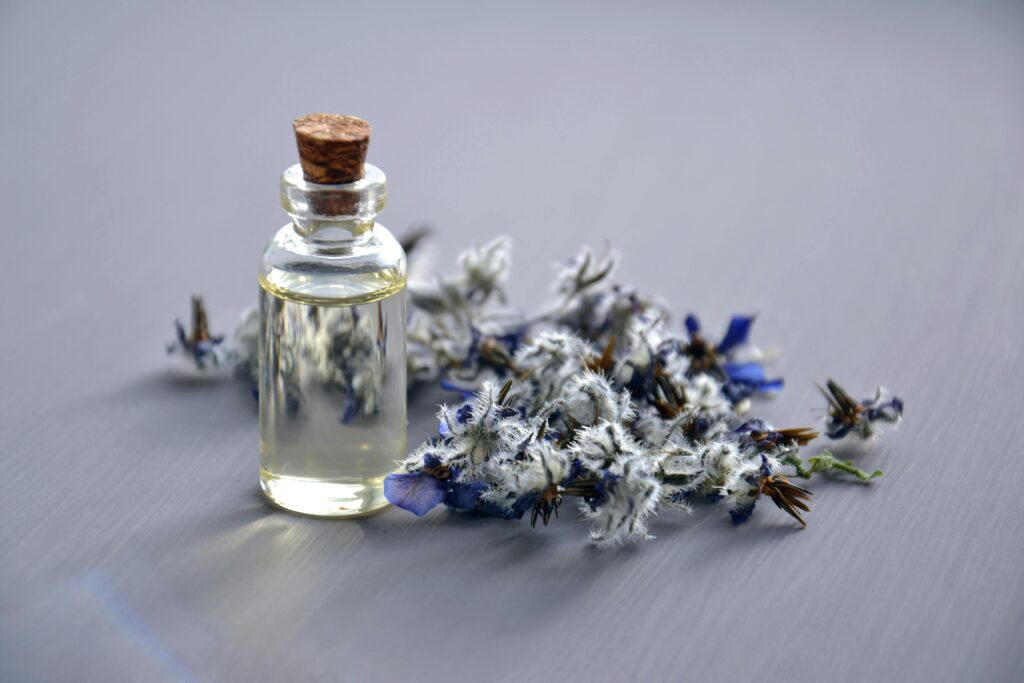Are you wondering if the fragrant allure of natural perfumes trumps synthetic ones, or if it’s all just a matter of preference? The world of perfumes is as complex and fascinating as the scents themselves, sparking debates among enthusiasts and experts.

This image is property of images.pexels.com.
Understanding Natural Perfumes
Natural perfumes, like a symphony composed by nature itself, are crafted using essential oils extracted from flowers, leaves, roots, and other natural sources. These ingredients are combined to create unique scents that many believe are purer and more authentic.
What Are Essential Oils?
Essential oils are concentrated plant extracts that capture the aromatic compounds of the plant they are derived from. Through processes like steam distillation or cold pressing, these oils are harvested and used as the base in natural perfumery. They include familiar scents like lavender, rose, and citrus.
The Appeal of Natural Ingredients
The charm of natural perfumes lies in their authenticity. Each bottle is a testament to nature’s diversity, with scents that can vary based on the climate, soil, and even the harvest season. For many, wearing a natural perfume is akin to wearing a piece of art that evolves with their body chemistry.
The Essentials of Synthetic Perfumes
Synthetic perfumes, on the other hand, are crafted in labs using man-made aromatic compounds. These fragrances can mimic natural scents or create entirely new ones, offering a versatility that makes them popular in the industry.
The Role of Aroma Chemicals
Aroma chemicals are the building blocks of synthetic perfumes. They are compounds designed to mimic or enhance the attributes of natural scents. This allows perfumers to create consistent experiences and explore creative boundaries beyond what is available in nature.
Customization and Creativity
One of the main advantages of synthetic perfumes is the ability to design specific scents that wouldn’t be achievable with natural ingredients alone. This allows for a broader spectrum of fragrances, from the traditional to the avant-garde.
Comparing the Benefits and Drawbacks
Understanding the advantages and disadvantages of both natural and synthetic perfumes can help you make informed choices about the scents you wear.
Advantages of Natural Perfumes
Natural perfumes, born from the bounty of nature, come with their own set of advantages:
-
Health Consciousness: Often free from synthetic chemicals, these perfumes might be suitable for those with sensitive skin or allergies.
-
Sustainability: When sourced responsibly, some natural ingredients have a smaller environmental footprint compared to synthetic manufacturing.
Despite these benefits, it’s essential to note that some natural ingredients can still cause allergic reactions, and their production can raise sustainability concerns if not managed properly.
Advantages of Synthetic Perfumes
Synthetic perfumes offer a different suite of benefits, blending art and science:
-
Cost-Effectiveness: Generally more affordable due to less reliance on agriculture and labor-intensive extraction processes.
-
Longevity: Synthetic perfumes often have better staying power on the skin due to stabilizers that help the scent last longer.
However, synthetic fragrances might contain chemicals that some people prefer to avoid, due to potential skin irritations or personal health concerns.
Exploring Scent Profiles
Perfume is an intricate dance of top, middle, and base notes that shape your experience. Understanding these can enrich your appreciation of both natural and synthetic perfumes.
Top Notes
The initial impression of a perfume, top notes are light and evaporate quickly. Natural citrus oils like bergamot or synthetic aldehydes are common choices, setting the scent’s freshness.
Middle Notes
The heart of the fragrance, middle notes are more mellow and develop as the top notes fade. Natural florals such as rose or synthetic molecules that boost these scents form the core identity of a perfume.
Base Notes
Providing depth and longevity, base notes remain long after the top and middle have evaporated. Ingredients such as natural sandalwood or synthetic musk add richness to the overall scent profile.

This image is property of images.pexels.com.
Environmental Considerations
When choosing between natural and synthetic perfumes, it’s vital to consider their environmental impact.
Sustainability in Natural Perfumes
Natural perfumes can be more sustainable, but it depends on the sourcing practices. Over-harvesting or unethical farming can jeopardize biodiversity and lead to ecological disruptions.
Synthetic Perfumes’ Environmental Footprint
Synthetic perfumes may avoid some farming concerns, but the chemical processes involved in their production can have significant environmental impacts, including pollution and energy consumption.
Health and Safety Aspects
Your health and safety is paramount when selecting a perfume, so understanding the ingredients is crucial.
Potential Allergens
Both natural and synthetic perfumes can contain allergens. Natural oils may lead to skin irritation for some, while synthetic compounds might trigger allergic reactions or sensitivities in others.
Regulatory Standards
Perfumery ingredients are regulated to ensure safety. The International Fragrance Association (IFRA) sets guidelines, meaning most perfumes in the market adhere to strict standards whether they are natural or synthetic.

This image is property of images.pexels.com.
Personal Preference and Choice
Ultimately, the choice between natural and synthetic perfumes hinges on personal preferences and lifestyle considerations.
The Role of Personal Chemistry
Your unique body chemistry impacts how a perfume smells on you, which can make the difference between a fragrance you love and one you leave behind. Sometimes, a blend of natural and synthetic suits your skin best.
Ethical and Lifestyle Choices
If sustainability or vegan products are priorities for you, these factors might influence your decision. Many brands offer options that align with specific ethical values, whether it’s cruelty-free testing or organic ingredients.
Conclusion
So, are natural perfumes truly better than synthetic ones? It depends on what you’re looking for in a fragrance. While natural perfumes offer a connection to nature and an organic assortment, synthetic perfumes provide consistency and innovation. The beauty of perfumery lies in its diversity, allowing you to select scents that align with your personal style, values, and needs. Whether you lean towards the natural, the synthetic, or enjoy a mix of both, experiencing the world of perfumes is a unique journey entirely your own. Choose what feels right for you, and let your scent tell your story.





